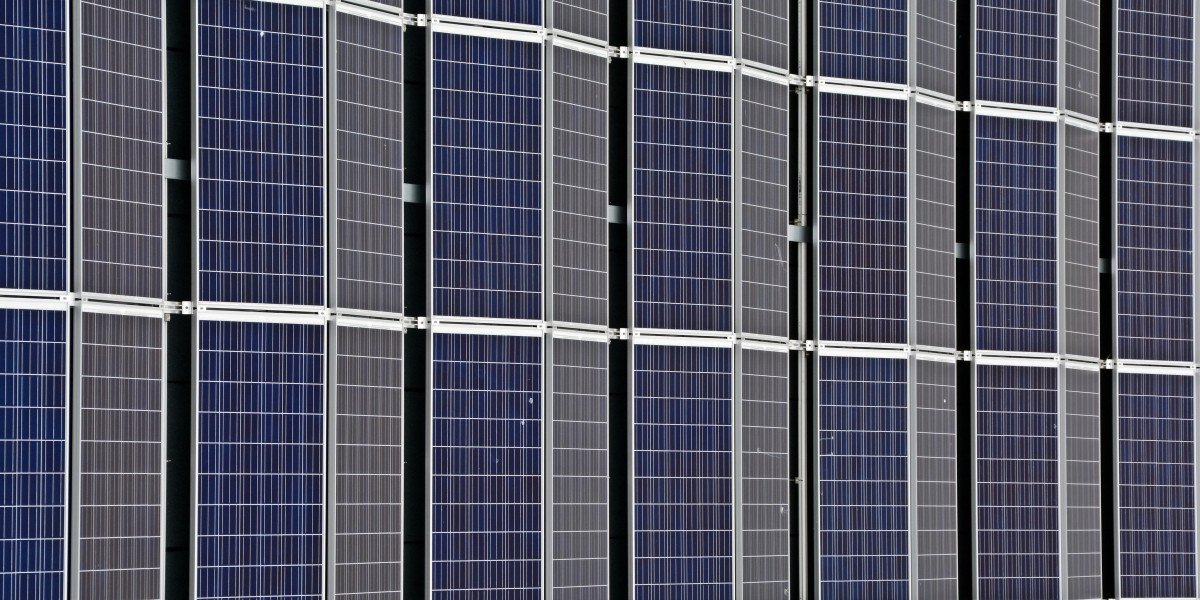Deciding whether residential solar panels installation are the right choice for your home depends on several factors. Here are some key considerations to help you make an informed decision:
1. Solar Potential of Your Location
- Sunlight Exposure: Areas with high sun exposure are ideal for solar panels. Use tools like Google’s Project Sunroof to estimate your home's solar potential.
- Roof Orientation and Shading: South-facing roofs in the Northern Hemisphere and north-facing roofs in the Southern Hemisphere typically receive the most sunlight. Ensure there are no significant obstructions like trees or buildings casting shade.
2. Financial Considerations
- Initial Investment: Solar panel systems can be expensive upfront, but costs have been decreasing. Look into financing options like loans, leases, or power purchase agreements (PPAs).
- Incentives and Rebates: Many governments offer tax credits, rebates, or other incentives to offset installation costs. Research local and federal incentives available to you.
- Energy Savings: Calculate potential savings on your electricity bills. Solar panels can significantly reduce or even eliminate your monthly energy costs.
3. Home Energy Needs
- Current Consumption: Assess your current energy usage to determine the size of the system you need.
- Future Needs: Consider any future energy needs, such as electric vehicles or home expansions, which may require a larger system.
4. System Costs and ROI
- Cost of Installation: Get quotes from multiple installers to understand the range of prices and services.
- Return on Investment (ROI): Calculate the payback period for your system. This is the time it will take for the energy savings to equal the cost of the installation.
5. Home Suitability
- Roof Condition: Ensure your roof is in good condition and can support the weight of the panels. If your roof needs repairs or replacement, address this before installation.
- Space Availability: Verify that you have sufficient space for the number of panels needed to meet your energy goals.
6. Environmental Impact
- Reducing Carbon Footprint: Solar energy is a renewable and clean energy source that can help reduce your carbon footprint and contribute to environmental sustainability.
7. Local Regulations and Permits
- Building Codes and Zoning Laws: Check with your local government to understand any building codes or zoning laws that may impact your ability to install solar panels.
- Homeowners Association (HOA): If you live in a community with an HOA, review their rules regarding solar panel installations.
8. Maintenance and Warranty
- Maintenance Requirements: Solar panels require minimal maintenance, but it’s important to understand the upkeep needed.
- Warranty and Lifespan: Review the warranty terms for the panels and the expected lifespan of the system. Most panels come with a 25-year warranty.
Conclusion
Residential solar panels can be a great investment, offering financial savings and environmental benefits. However, they may not be suitable for everyone. Evaluate your specific circumstances, including financial, environmental, and practical factors, to determine if solar panels are the right choice for your home.








